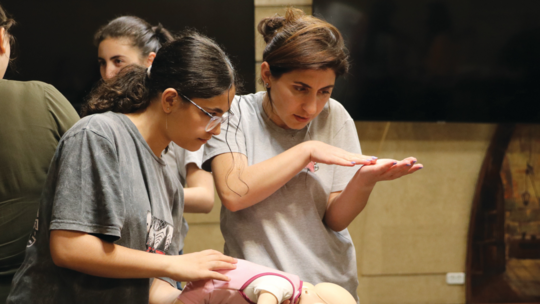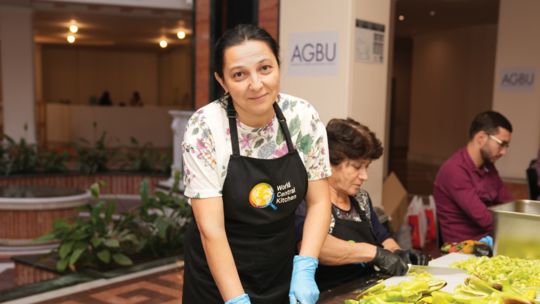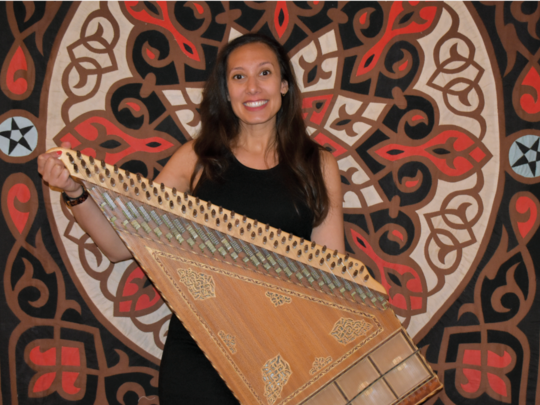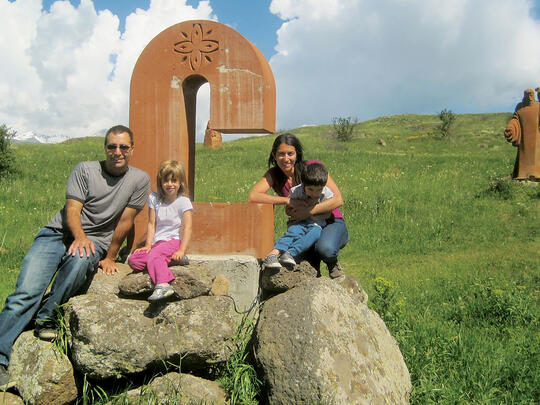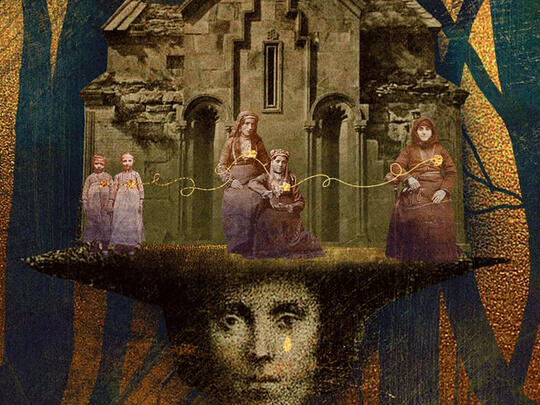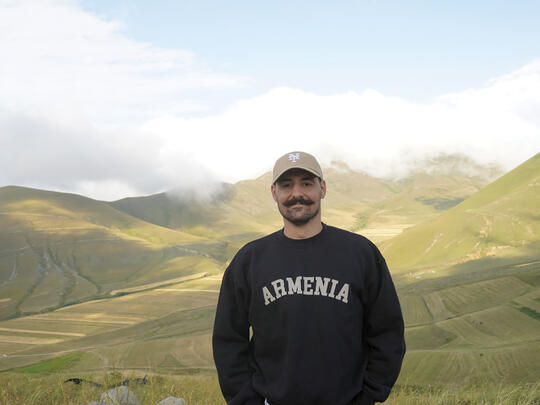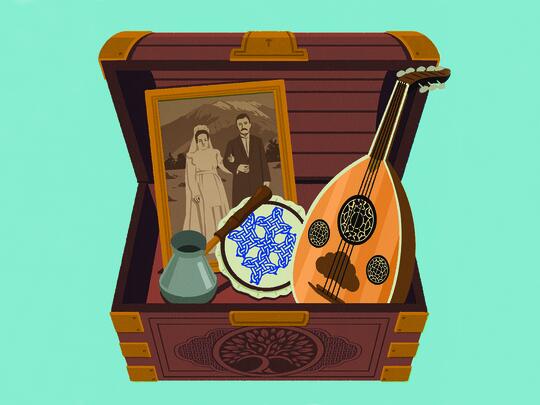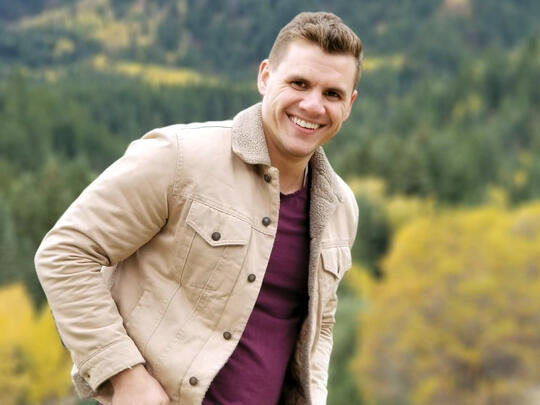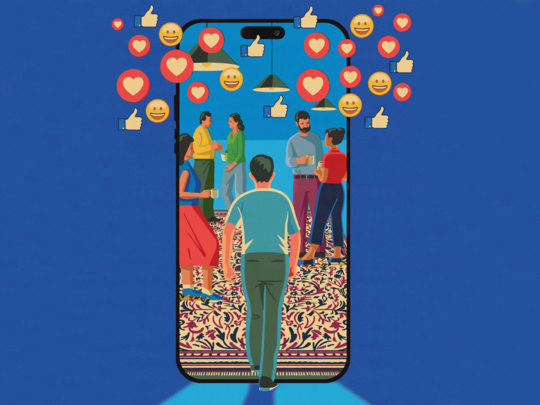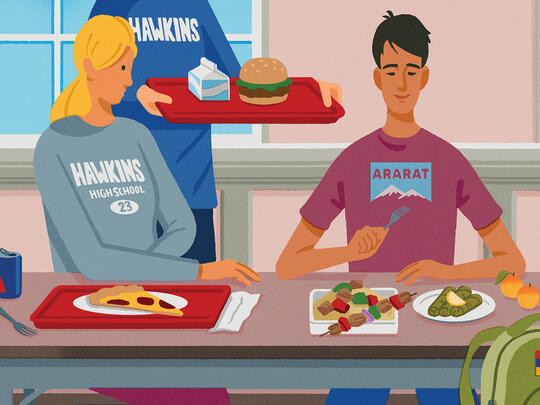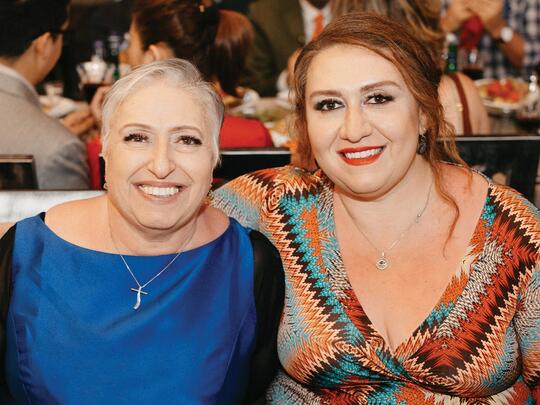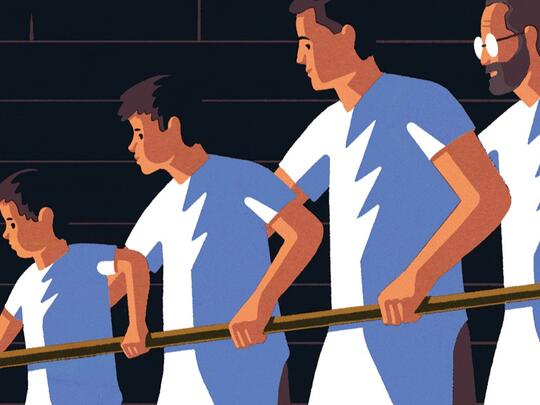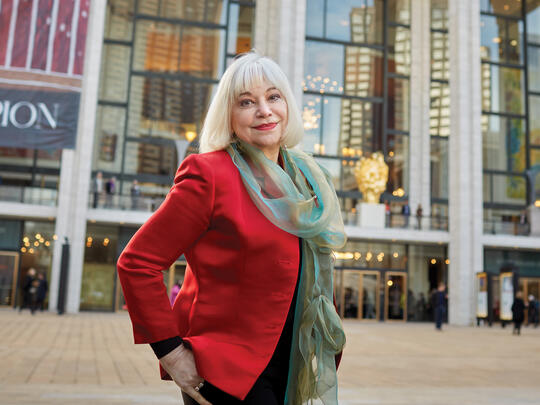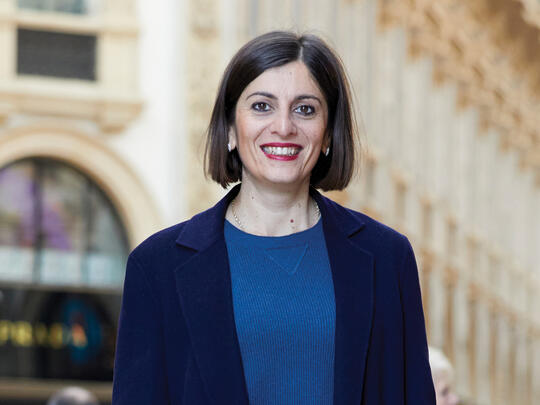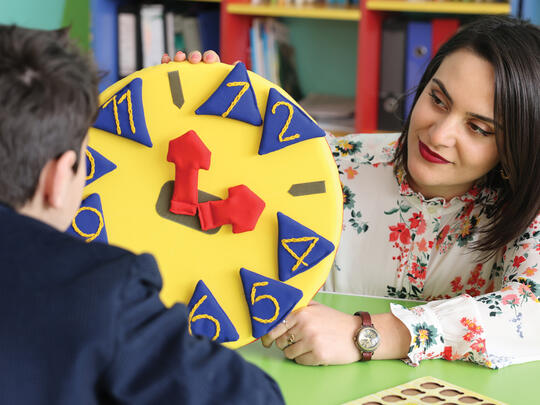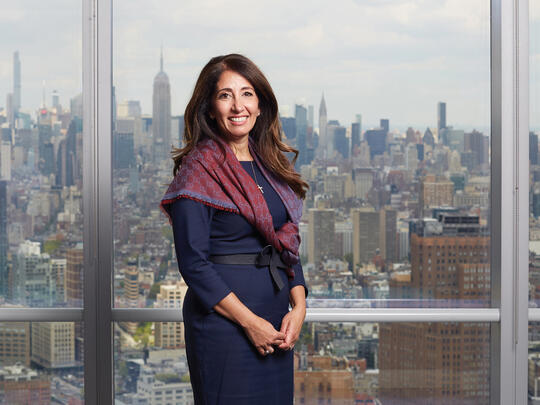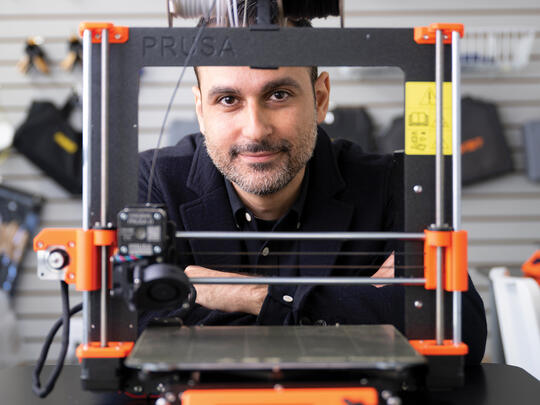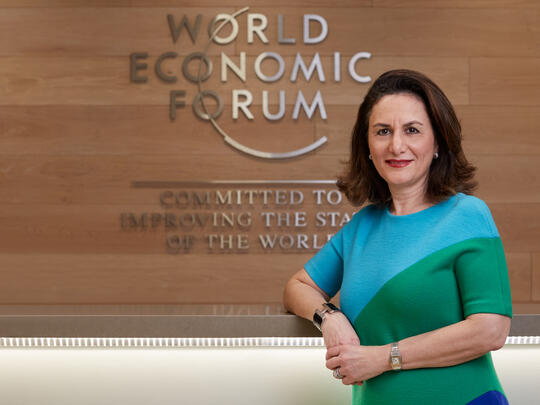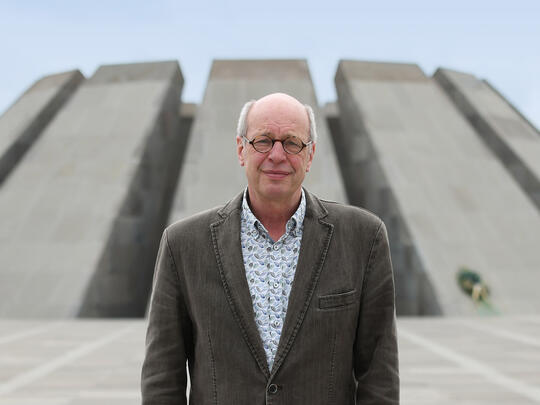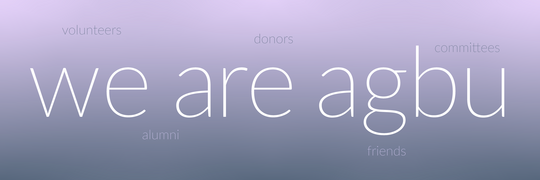
Dark Clouds and Silver Linings
How AGBU program participants became heroes in a crisis
In the hospitals, there was a shortage of everything, from linens to medications. Thanks to her recent training with AGBU LEAP, Khachatryan knew to stay calm and make quick decisions in the critical situation. Her care and professionalism reduced the burden on the remaining hospital staff.
Lusine Minasyan
Over the past three decades, AGBU has invested in the people of Artsakh with programs empowering participants of all ages—from farmers to female entrepreneurs, teen tech learners to university students. AGBU’s operations in Artsakh during the 10-month blockade by Azerbaijan presented significant challenges, but through the dedication of its staff and the incredible determination of the participants, training opportunities for community members remained. Time and time again, crisis has befallen the people of Artsakh, but, as these three examples demonstrate, with opportunity and an enduring spirit comes a readiness to make a difference in the lives of others.
Marietta Khachatryan, 35, is from Stepanakert with a background in physical education. She worked for years as a coach and later a sports tourism manager. She loved the mountains of Artsakh where she focused her attention on outdoor experiential tourism.
While her specialization required a general knowledge of first aid, she maintained regular trainings to ensure her skills were as sharp as possible. When a course organized by AGBU LEAP (Learn to Earn Artsakh Program) appeared to offer a more comprehensive medical background training, she jumped at the chance to improve her foundation. “The field of medicine requires that a specialist receives training every two years to stay up-to-date and well-informed, so I was intrigued by the quality of AGBU’s programming but little did I know that I was receiving highly practical instruction with relevant scenarios.”
Sassoun Baghdassarian, the AGBU Artsakh program manager, explained how the AGBU philosophy shifted during the blockade. “With many resources cut off and intermittent Internet, we developed alternative courses including four sessions of first aid training with instruction on CPR, wound and burn care, as well as emergency bleeding control. We initially had doubts about the interest, but it quickly became clear that people wanted to learn practical skills during this time. We are seeing how their experience is benefiting the community and their own personal journeys.”
For Khachatryan, it came on the fateful moment on September 26 when a gas station exploded in Stepanakert, yet another tragedy that left 68 killed and 290 injured Armenians. While three years prior, during the 2020 Artsakh War, she found herself helping at a hospital contributing to patient intake and wound care, this time, she was in the middle of her own personal crisis—trying to leave Artsakh. Most of the doctors had already left for Armenia, leaving the hospitals with very few specialists and nurses. Kachatryan sprang into action. The scene was overwhelming, but the call of duty was even more compelling.
“In the hospitals, there was a shortage of everything, from linens to medications,” Baghdassarian noted. “Thanks to her recent training with AGBU LEAP, Khachatryan knew to stay calm and make quick decisions in the critical situation. Her care and professionalism reduced the burden on the remaining hospital staff,” recalls Baghdassarian.
Kachatryan and her family reached Goris, Armenia on October 1. She is currently volunteering for AGBU and World Central Kitchen (WCK) in Armenia to keep herself “productive” as she says. “Our wound is very deep, but one thing is for sure, when time heals my wound, I want to be living among Armenians in Armenia.”
Anna Safaryan, who is 16 years old and born and raised in Stepanakert, found herself in a similar situation. She obtained her first aid certification during the blockade. Driven by her interest in medicine, she joined the AGBU LEAP first aid training where she obtained a first aider certification.
When the attacks began on September 19, Anna felt a call to help, but her parents did not permit her to go to the hospital due to her young age and the dangerous situation. Persistent in her drive, she effectively applied her skills in the shelters. People were experiencing panic attacks and weakness, among other symptoms. “At that time, if they exhibited somatic symptoms such as dizziness, I attempted to perform the necessary actions I had been taught. But, when they were distressed, I knew to engage them in conversation to divert their attention from fear. I could assess each person’s needs and adjust accordingly.”
Safaryan’s family had plans to depart from Stepanakert on September 26, the day of the explosion. However, they were unable to leave, and as the news of this latest devastation spread, Safaryan, together with Kachatryan, joined a group to render aid at a nearby hospital.
Kachatryan explains that the victims were distributed across various floors of the hospital, with most severe burns on the higher floors. Despite the critical circumstances, they looked out for each other. Younger volunteers, including Anna, were assigned less strenuous tasks such as comforting less severe traumas and preparing medications. Meanwhile, more experienced volunteers like Kachatryan, took on the heavier workload. In contrast, Anna was using these skills for the first time in her life, and she did so in an extremely dire situation.
“I would like to thank AGBU for this training. The field of medicine is progressing with greater focus on psychological factors and assistance. To be equipped with such highly critical skills during a crisis was more than essential for us. The resilience and psychological stability instilled in us allowed us to help others."
“I would like to thank AGBU for this training,” said Safaryan. “The field of medicine is progressing with greater focus on psychological factors and assistance. To be equipped with such highly critical skills during a crisis was more than essential for us. The resilience and psychological stability instilled in us allowed us to help others,” she adds.
Safaryan is now safely attending high school in Yerevan.
Narine Grigoryan, 45, is originally from Hadrut, a small town in Artsakh, where she owned a bakery. She successfully ran her business for 12 years until the outbreak of the 2020 Artsakh War, when Hadrut was ceded to Azerbaijan along with the other regions. Grigoryan and her family had to flee and resettle in Stepanakert.
She says that making pastry has been her passion since childhood and she learned her skills from her aunt. Later, during the 2020 Artsakh, when her husband and sons were in voluntary military service, she found relief in baking, as it was the only thing that gave her solace.
When in Hadrut, all the logistical and organizational tasks were handled by her husband, and she mainly attended to the production. However, when they came to Stepanakert, she realized that she wanted to go beyond it and acquire skills in managing the business.
Initially, her sister offered her a small space in Stepanakert, so that she could reopen her business. Grigoryan was thinking of turning it into a small factory. That’s when an acquaintance advised her to look into the AGBU Women Entrepreneurs (WE) program. She applied during the blockade in Artsakh and started an abridged two-month course in May 2023. She found the courses well-organized and inspiring during a time of shadows living under the blockade. She was encouraged to move forward in whatever way she could. However, after the Azeri attack on September 19, Grigoryan and her family were forced to flee to Armenia.
Within a couple of weeks, Grigoryan found herself in Yerevan. In October, knowing her background and skillset, AGBU WE contacted Grigoryan to offer her an interim job with World Central Kitchen (WCK). “The women of AGBU WE in Artsakh always showed an unmatchable drive,” remarked Baghdassarian. “It is so important to continue to provide opportunity wherever we can at AGBU, and it was easy to connect the dots for Narine during this time. She is gaining experience with mass food production, similar to her goal in Artsakh, and we are sure she will build on what she has learned through AGBU WE and through life, as she establishes herself in Armenia,” he added.
Currently, a dozen women from Artsakh are employed through the AGBUxWCK partnership. They are paid a high daily salary which will serve them well in the coming months. In addition, the initiative employs drivers and supply packagers from Artsakh to make the deliveries. Finally, it must be noted that many evacuees from Artsakh volunteer their time to find new purpose, working with AGBU and WCK until they find other opportunities to contribute their talents to the Armenian economy.
This article was featured in the 2023 release of AGBU Impact Magazine. For more information on the AGBU Global Relief Fund, click here.


